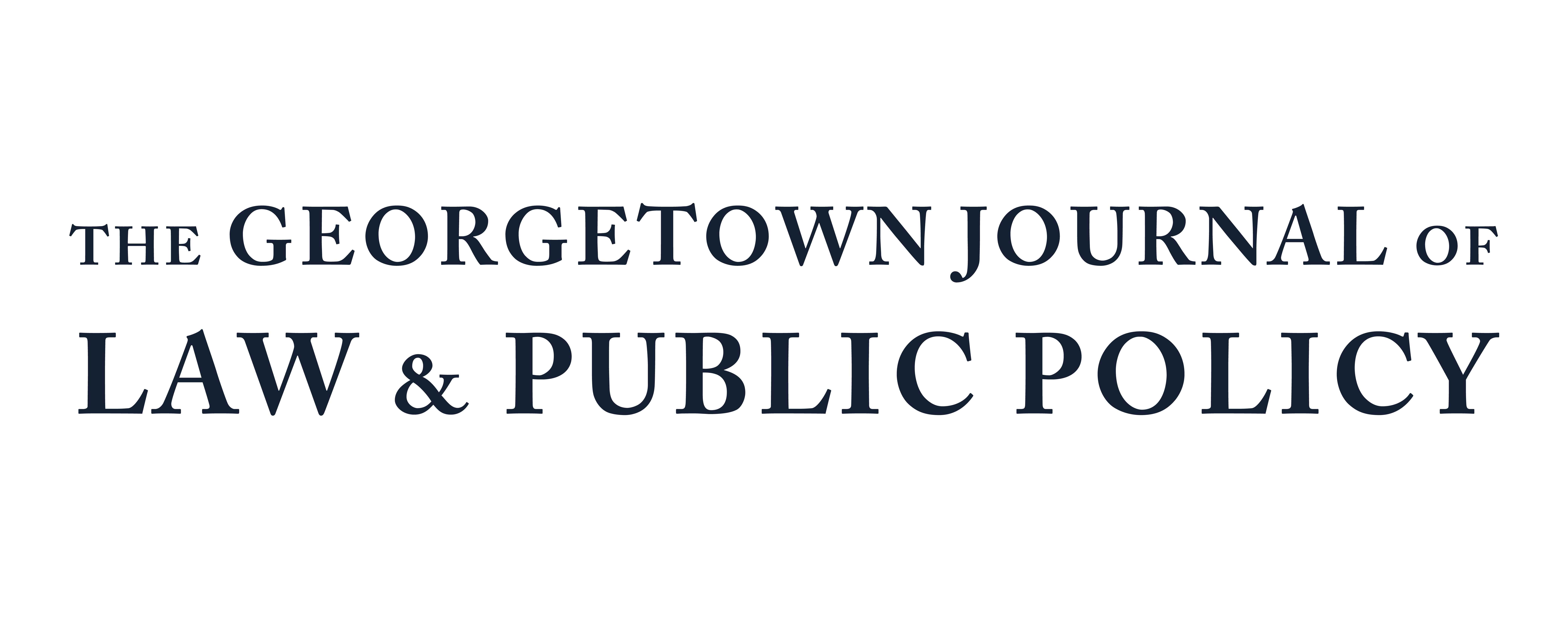Toward a Pragmatist Approach to Corporate Personality and Responsibility: Why Democracy Matters
Scholars have recently turned to philosophical pragmatism as a normative framework for approaching questions of corporate personality and responsibility. This has been a welcome development. This article builds on this project by taking seriously the normative emphasis that pragmatism places on democracy as a form of social problem-solving. The argument, in brief, is that there are no pragmatic grounds to reject—and good grounds to accept—the idea of the corporation as a person, with the attendant rights and responsibility that come with that status. However, once granted, the question of what corporate personality implies in terms of substance—i.e. what sort of moral and legal considerations the corporate person is owed–is far messier. Corporate personality does not settle the contentious issues—what rights corporations have and do not have, what obligations corporations have or do not have. Pragmatism is comfortable with this and demands that we generally try to avoid demarcating, a priori, what sort of thing the corporate person is, preferring for us to leave it open to experimentation and deliberation. However, because of the priority that pragmatists accord democracy, pragmatism requires that such experimentation and deliberation be open and inclusive, meaning that our interpretations of corporate personhood, responsibility, and agency are not limitless; they must be bounded and informed by a concern for maintaining the viability and integrity of these democratic procedures and deliberative channels.
Subscribe to GJLPP
